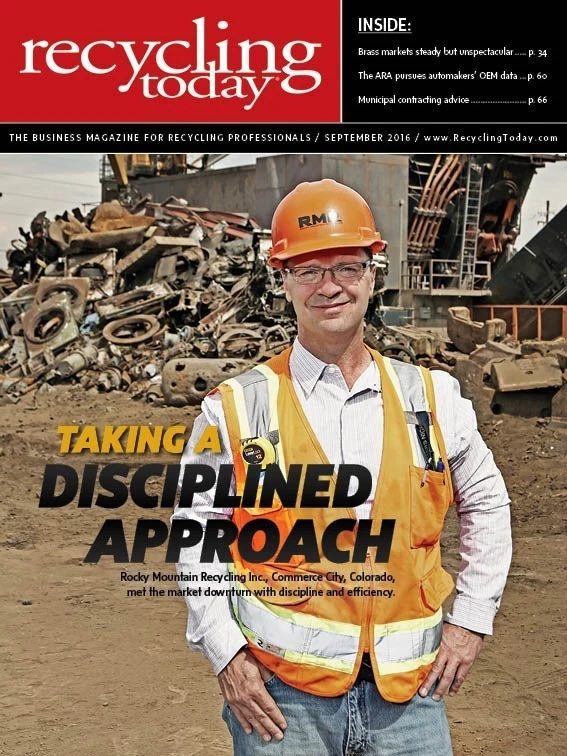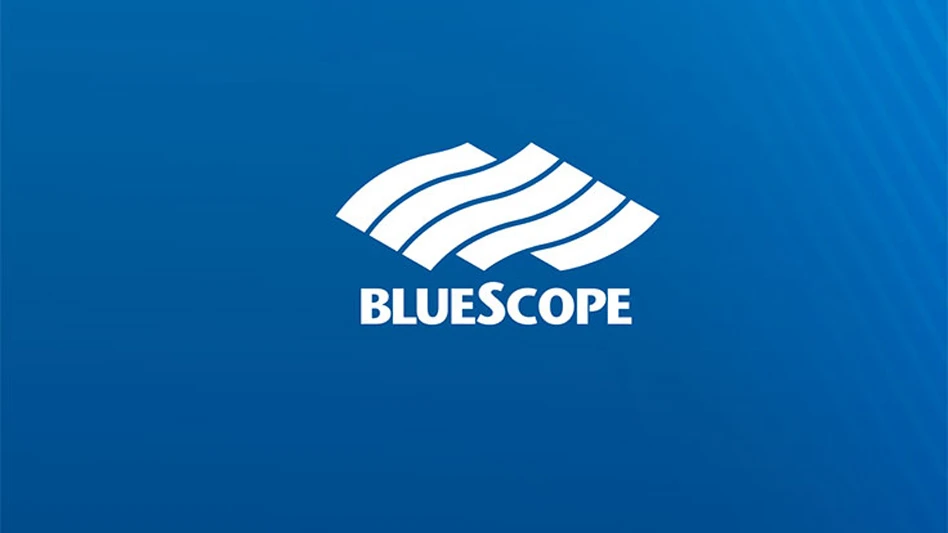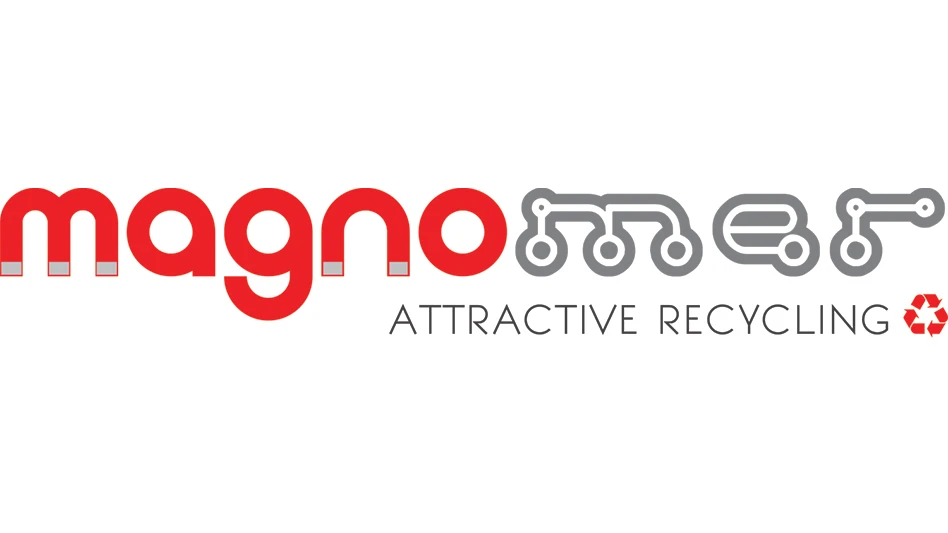Domestic demand for old corrugated containers (OCC) continues its strong streak, while pricing for the brown grade in July hit a nearly four-year high for a one-month price increase.

A recovered fiber buyer based in New Jersey says there has “definitely been an increase in OCC” related to both generation and demand. “Domestic demand is very strong right now; it’s out of control,” the East Coast-based exporter says. “Prices and demand for OCC are off the charts.”
Boston-based research firm RISI’s Aug. 5 Yellow Sheet reports pricing increases for OCC of up to $10 per ton domestically and up to $25 per ton for exports from the month prior in light of lower generation, as well as from a combination of “intense export demand from China and steady-to-strong domestic mill buying.” Export levels increased to $178 per ton FAS (free alongside ship, meaning the seller must deliver goods to a named port alongside a vessel designated by the buyer) at the Los Angeles/Long Beach ports and $170 per ton FAS at New York/New Jersey ports, according to the Aug. 5 Yellow Sheet.
“We are disappointed that after years of back-and-forth the D.C. Circuit Court has ruled against reason in vacating certain key standards that … are reasonable.” – AF&PA President Donna Harman on recent Boiler MACT ruling
The buyer cites an uptick in buying from China as a factor for the pricing increases. Throughout the beginning of this year, domestic mills were buying more tons than China, he says. “But China is back in as well, and the two of them are fighting for the same tons, which has caused the prices to really soar,” the exporter says.
While he says his company expected a strong summer, it didn’t anticipate prices would climb so high in July. “One has to wonder, can we see prices take a huge jump in August as we saw in July? It could happen,” the broker says.
He adds, “It’s a tough time for mill buyers right now. To pay these kinds of prices, it’s tough, and I’m sure a lot of these mills are losing money.”

While OCC volumes are up, production of recycled boxboard is down year over year, according to the American Forest & Paper Association’s (AF&PA’s) July 2016 U.S. Paperboard Report. The production of recycled boxboard decreased compared with July 2015 but increased when compared with the month prior, AF&PA reports.
In other AF&PA news, in late July the Court of Appeals for the District of Columbia Circuit rejected several main points of the Environmental Protection Agency’s (EPA’s) Boiler Maximum Achievable Control Technology (MACT) rule. With members whose companies use boilers to generate power, AF&PA President Donna Harman says in a statement: “We are disappointed that after years of back-and-forth the D.C. Circuit Court has ruled against reason in vacating certain key standards and remanding other portions of rules that, by most accounts, are reasonable and achievable despite the extensive technically sound information and test data provided to and relied upon by the EPA. We will continue to provide sound information and data to the EPA as it responds to the remanded and vacated portions of the rule.”

She adds, “Unfortunately, this continues the atmosphere of regulatory uncertainty that is harming U.S. competiveness on a global scale. Americans deserve a smarter, more cost-effective regulatory process that ensures agencies do more good than harm. We urge the Congress to act on regulatory reforms that will prevent this type of situation from occurring in the future.”
Despite this setback for the U.S. paper industry, a recent meeting in Washington offered a positive view on how recovered paper from the U.S. has benefited other countries.
“One has to wonder, can we see prices take a huge jump in August as we saw in July? It could happen.” – an exporter based in New Jersey
At the Institute of Scrap Recycling Industries’ (ISRI’s) Summer Board of Directors Meetings, Joe Pickard, chief economist and director of commodities for ISRI, provided an update in the Paper Division Meeting July 18.
He offered insight from Ranjit Baxi of London-based J & H Sales International Ltd. According to Baxi, the availability of recovered paper from the U.S. in the second quarter and weaker prices resulted in an increase in U.S. exports. “Although, demand strengthened throughout the quarter and prices started firming up,” he noted.

Explore the September 2016 Issue
Check out more from this issue and find your next story to read.
Latest from Recycling Today
- BASF collaborates to study mechanical plastic recycling
- Commentary: navigating shipping regulations for end-of-life and damaged batteries
- Haber raises $44M to expand to North America
- Canada Plastics Pact releases 2023-24 Impact Report
- Reconomy brands receive platinum ratings from EcoVadis
- Sortera Technologies ‘owning and operating’ aluminum sorting solutions
- IDTechEx sees electric-powered construction equipment growth
- Global steel output recedes in November





